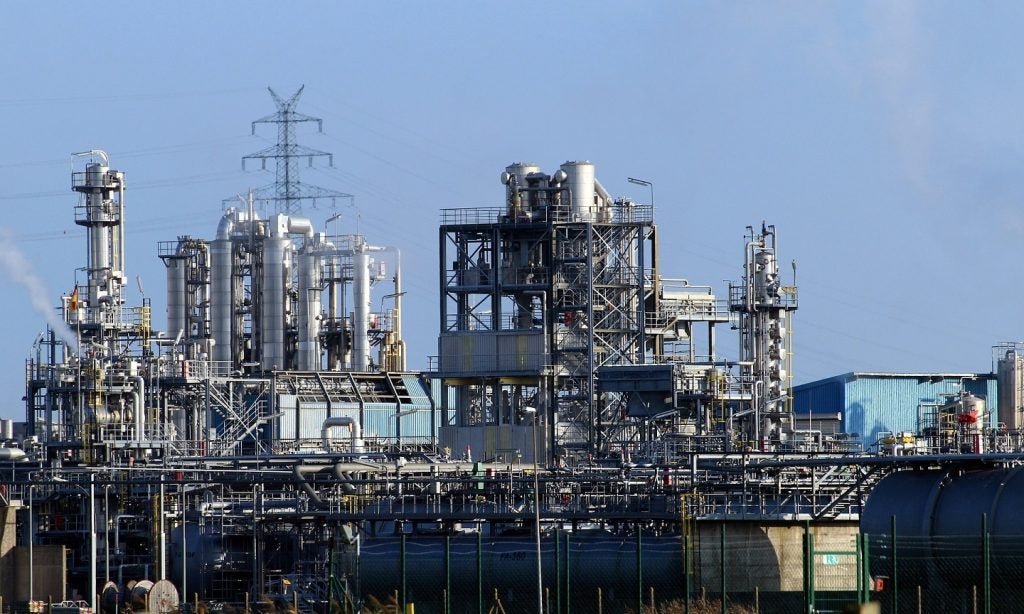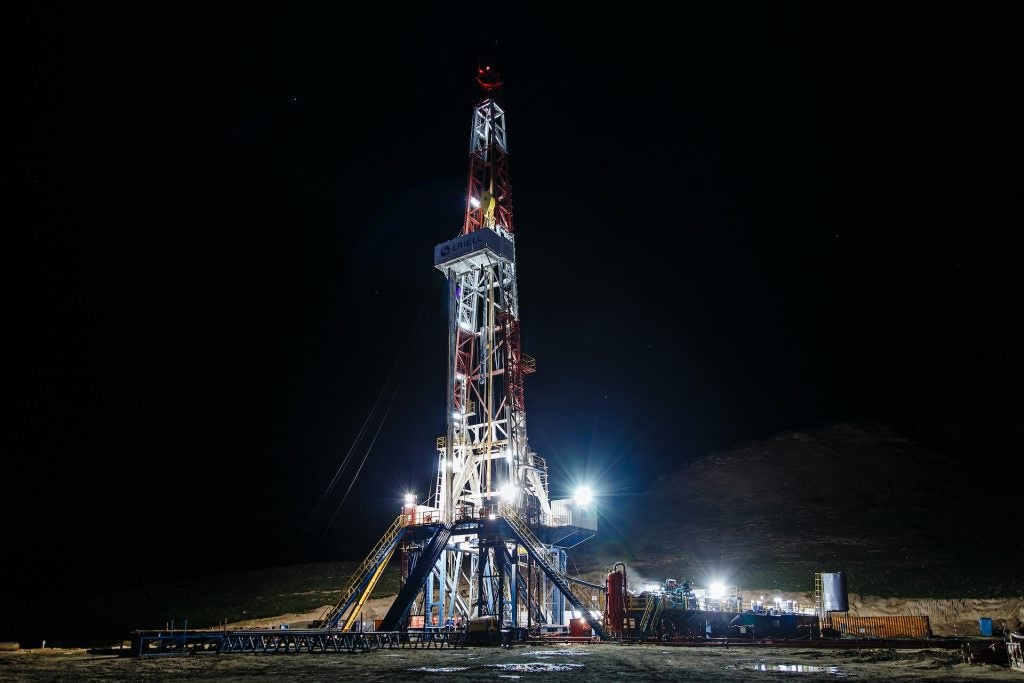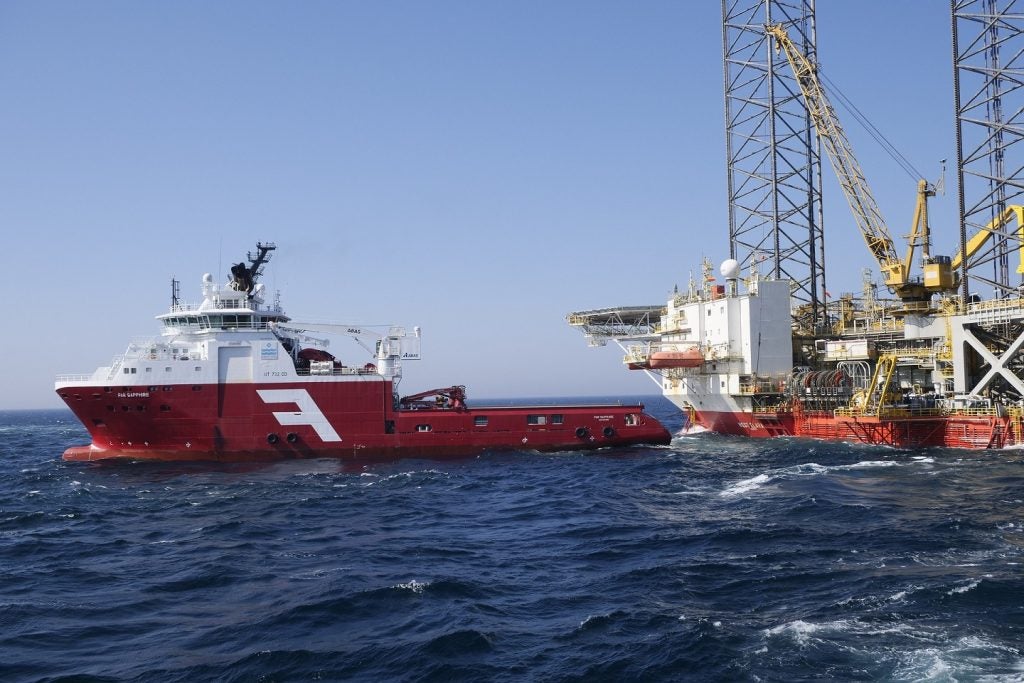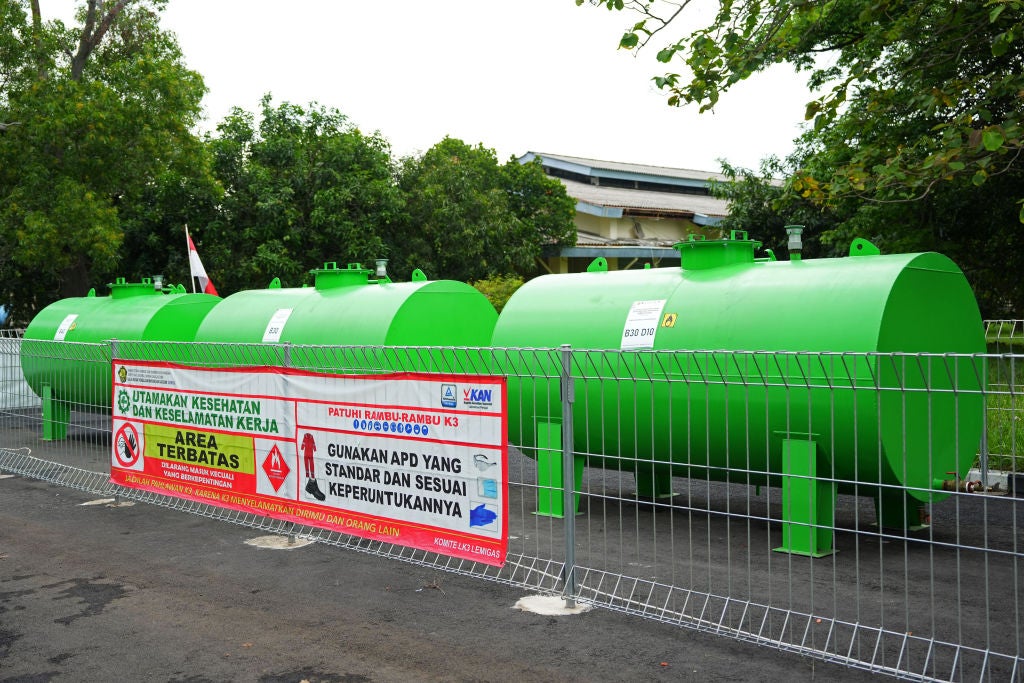Deutsche ReGas, the operator of two proposed Baltic coast liquefied natural gas (LNG) terminals, will be subject to a financial audit by the German Government, reported Reuters.
The investigation was prompted by a request for an investigation into Deutsche ReGas from Binz, a tourist destination on Ruegen island, where the two floating plants will be built.
Following Russia's full-scale invasion of Ukraine last year, Germany is attempting to reduce its dependency on Russian gas supplied to the country by increasing its LNG import capacity.
The two floating LNG facilities, with a combined annual capacity of ten billion cubic metres of gas, will be privately operated by Deutsche ReGas.
According to a letter from Philipp Nimmermann, State Secretary for the Economy Ministry, the government will conduct an "in-depth examination of the suitability and reliability of the potential contract partner" with respect to its intended leasing of the company's floating storage and reception units (FSRUs).
The letter, which was addressed to legislator Matthias Hauer, stated that the financial standing and source of money for Deutsche ReGas would be investigated.
In July, the resort town of Binz requested anti-money laundering authorities to investigate the company's capital after an investigation by solicitors for the municipality of Ostseebad revealed an "opaque financing background".
The locals also expressed concerns that the LNG terminals will affect tourism and marine life.
Responding to the development, Deutsche ReGas "resolutely rejected" the allegations.
In August 2022, Germany signed LNG supply deals for two floating LNG terminals and FSRUs in Brunsbuettel and Wilhelmshavenz.















